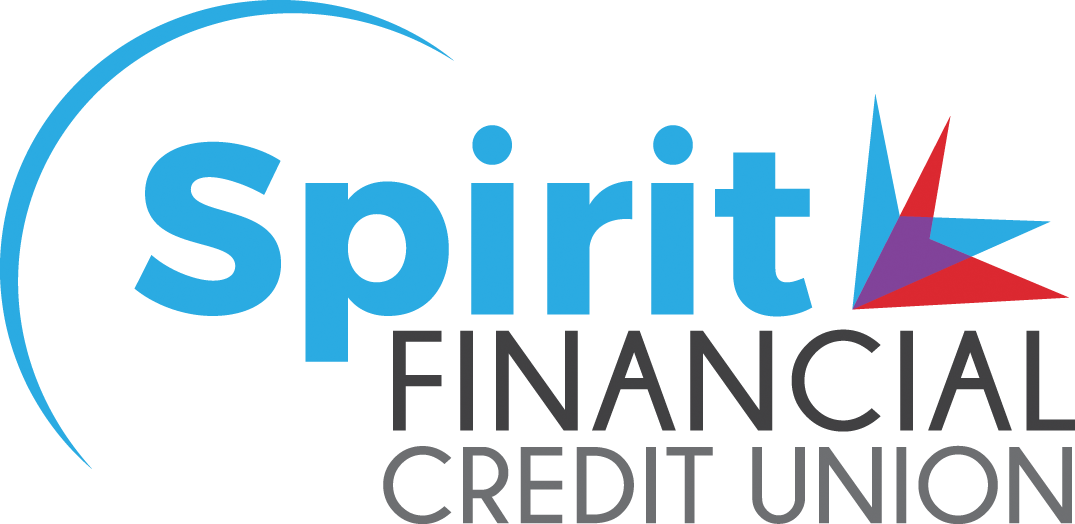Follow These Steps to Refinance a Home Equity Loan
If you’re in the market to refinance your home equity loan. Spirit Financial Credit Union is currently offering home equity loans with rates as low as 4.65% APR* for first-lien home equity loans with no closing costs. A deal like that is hard to beat. This first-lien home equity loan enables you to not only refinance an existing home equity loan or HELOC but also your mortgage loan. You might even be eligible for a cash-out refinance to free up funds for some needed expenses. Learn how to refinance with our easy steps.
Seven steps for refinancing a home equity loan
1. Check your credit history. What’s your current credit score? A score between 670 and 739 is considered good. 740 to 799 is a very good score, while any score above 800 is judged to be exceptional. If your credit score is below the mid 600s, you may want to take some steps to improve it before applying for a home equity loan refinance. For those with poor credit scores, it may be more difficult to secure a home equity loan.
2. Evaluate your income. Do you have sufficient income to justify the loan? Have your circumstances changed since you obtained the last loan? Lenders want to confirm you make enough money to pay back your loan. You will eventually need to provide this information to your lender, so you may want to evaluate it now before you apply for a home equity loan refinance. Keep in mind that your income may also impact the amount you are eligible to borrow.
3. Do you have enough equity to qualify? To calculate your available equity, you will need an accurate estimate of your home’s value. Subtract from that any mortgage or home equity balances. Most lenders will limit your borrowing to a certain percentage of your home's equity. Usually around 80%. Spirit Financial Credit Union, on the other hand, enables qualified borrowers to borrow up to 90% of the value of their home.*
4. If after completing the first three steps, you feel you still want to move forward with refinancing your home equity loan, then it’s time to shop around for the lowest home equity loan rates and the best deals. You’ll need to compare the rates you are finding with the rate you are currently paying. If the difference is minimal, it may not pay to refinance, unless you are looking to extend the term and lower your payments. When you’re looking to borrow a larger sum of money, even a small difference in interest rate may add up to substantial savings. It all depends upon your end goal, but you will still want to shop for that low rate. Be sure to include Spirit Financial Credit Union in your comparison.
5. Evaluate the fees and other costs involved in refinancing. When you shop home equity loan lenders for rates, be sure to compare fees and costs as well. Closing costs and other fees can vary significantly from lender to lender. You may be surprised. Sometimes the fees outweigh a lower interest rate. Fees can include appraisal fees, application fees, insurance fees, origination fees, and more. When you ask for a rate quote, be sure to ask for all fees to be itemized and provided in writing. Although the costs vary from lender to lender, the fees for a refinance can range between 2% and 5% of the total loan amount. Spirit Financial is currently advertising no closing costs on home equity loans for a limited time.
6. Once you’ve done all the necessary research and comparison, it’s time to choose your home equity lender. Which lender do you trust and which has a deal that works for your needs?
7. Organize your documents. Lenders require a lot of financial information when applying for a home equity loan. They want to ensure you have sufficient income, reliable payment history, and a low debt-to-income ratio. An idea of the documents you will be asked to provide may include:
· Personal identification, including a driver’s license and social security number.
· Details on the property held as collateral, including an estimate of value.
· Income information including W-2s, pay stubs, etc.
· Bank and credit union statements.
· Loan statements.
· A detailed listing of any other debts.
· Homeowners insurance.
8. Apply to refinance your home equity loan.
Applying for a home equity loan
Refinancing a high-interest home equity loan, HELOC, or mortgage loan can help you reduce your loan’s interest rate, lower your monthly payment, and possibly get access to some needed cash. The best times to refinance a home equity loan are when loan rates are falling, your credit score is good, and your income is stable. If you’re ready to apply, you can do so easily right online.
*APR= Annual Percentage Rate. Rates are for qualified borrowers and are based on the credit worthiness of the individual and loan being in first lien position. Actual rates may be different than the rates shown. For LTVs over 80%, 1.25% will be added to the rate.



